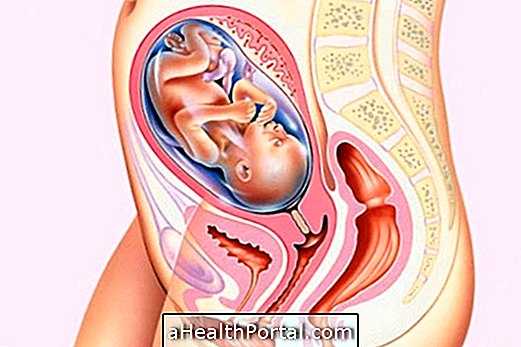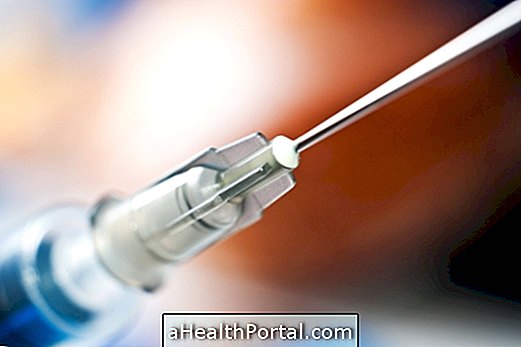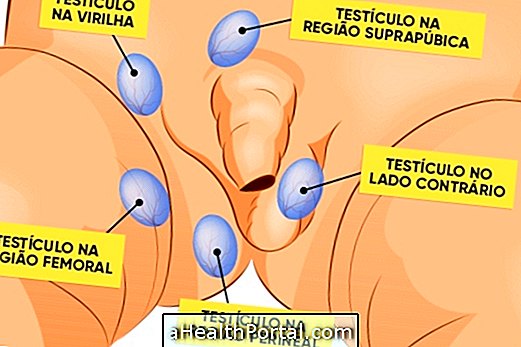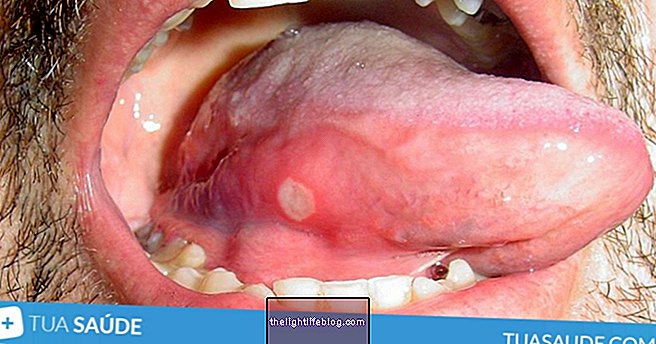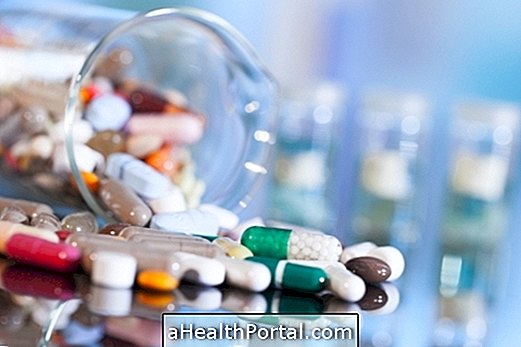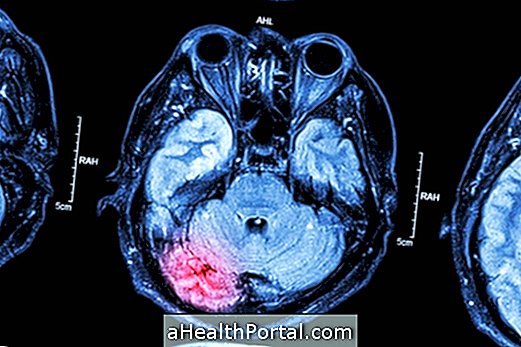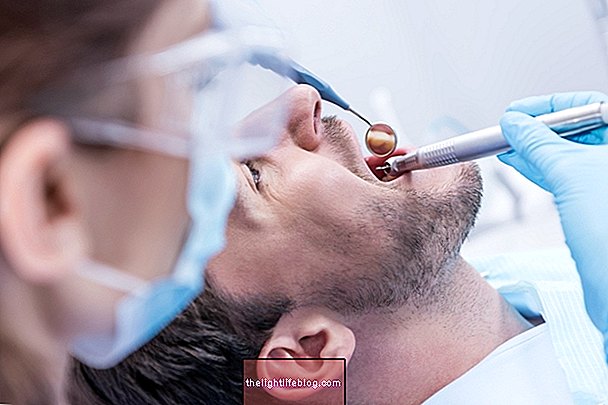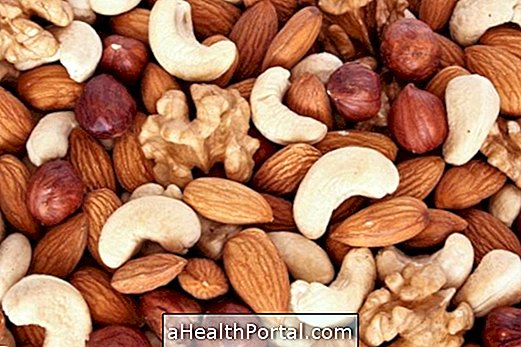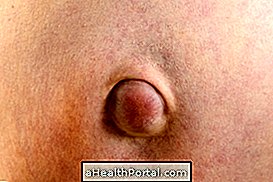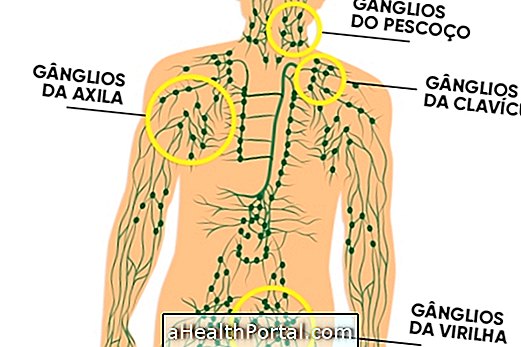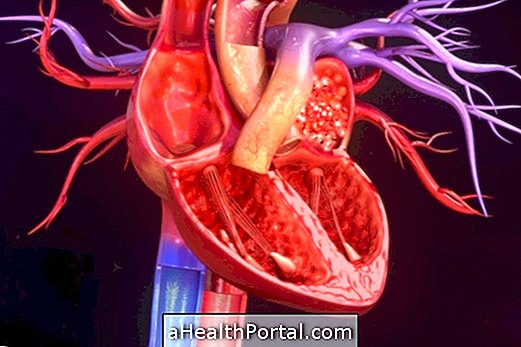Anemia in pregnancy should be treated with the intake of foods rich in iron and folic acid, such as meats, liver steak and dark green vegetables, in addition to medications supplemented with iron.
Anemia in pregnancy is a normal condition, especially between the second and third trimester of gestation, as there is a reduction in the amount of hemoglobin in the blood and an increase in iron needs. This disease is diagnosed through a blood test, and when severe it can bring risks to the mother and the baby, such as weakness, delayed growth and premature labor.
Here's what to eat to cure anemia in the following video:

What to eat
To treat anemia in pregnancy it is recommended to eat iron-rich foods such as meats, liver steak, beans, spinach and cabbage. To enhance the absorption of iron present in food, you should drink the juice or eat a citrus fruit next to the meal, such as orange, lemon, pineapple or mandarin. See more iron-rich foods.
In addition to diet, the obstetrician may also prescribe daily iron supplementation, with ferrous or liquid sulfate being the most commonly used supplement. These iron supplements can cause side effects like diarrhea, constipation, nausea and heartburn, and in women in whom these symptoms are very strong one can opt for daily iron injections. However, these injections are painful and can cause blemishes on the skin.


Diagnosis of anemia in pregnancy
The diagnosis of anemia in pregnancy is made through the prenatal blood tests that assess the amount of hemoglobin and ferritin present in the blood. Values lower than 11 g / dl hemoglobin are indicators of anemia and treatment should be initiated.
Signs and Symptoms of Anemia in Pregnancy
The symptoms of anemia in pregnancy may be confused with the symptoms of the pregnancy itself, as they are usually:
- Tiredness;
- Dizziness;
- Headache;
- Pain in the legs;
- Lack of appetite;
- Pale skin;
- Bleached eyes.
Other symptoms like hair loss may also appear but are more common in cases of severe anemia.
Risks of anemia in pregnancy
The development of anemia in pregnancy carries risks mainly for the woman, but when the anemia is very serious also can affect the development of the baby. The main risks are:
- For the woman: tiredness, intense sleep, weakness and postpartum infections.
- For the baby: low weight, difficulty of growth, premature birth and abortion.
These complications can be avoided with appropriate follow-up of anemia treatment.
See more tips for treating anemia in:
- Recipes for anemia
- Diet for Anemia
- Natural Treatments for Anemia
